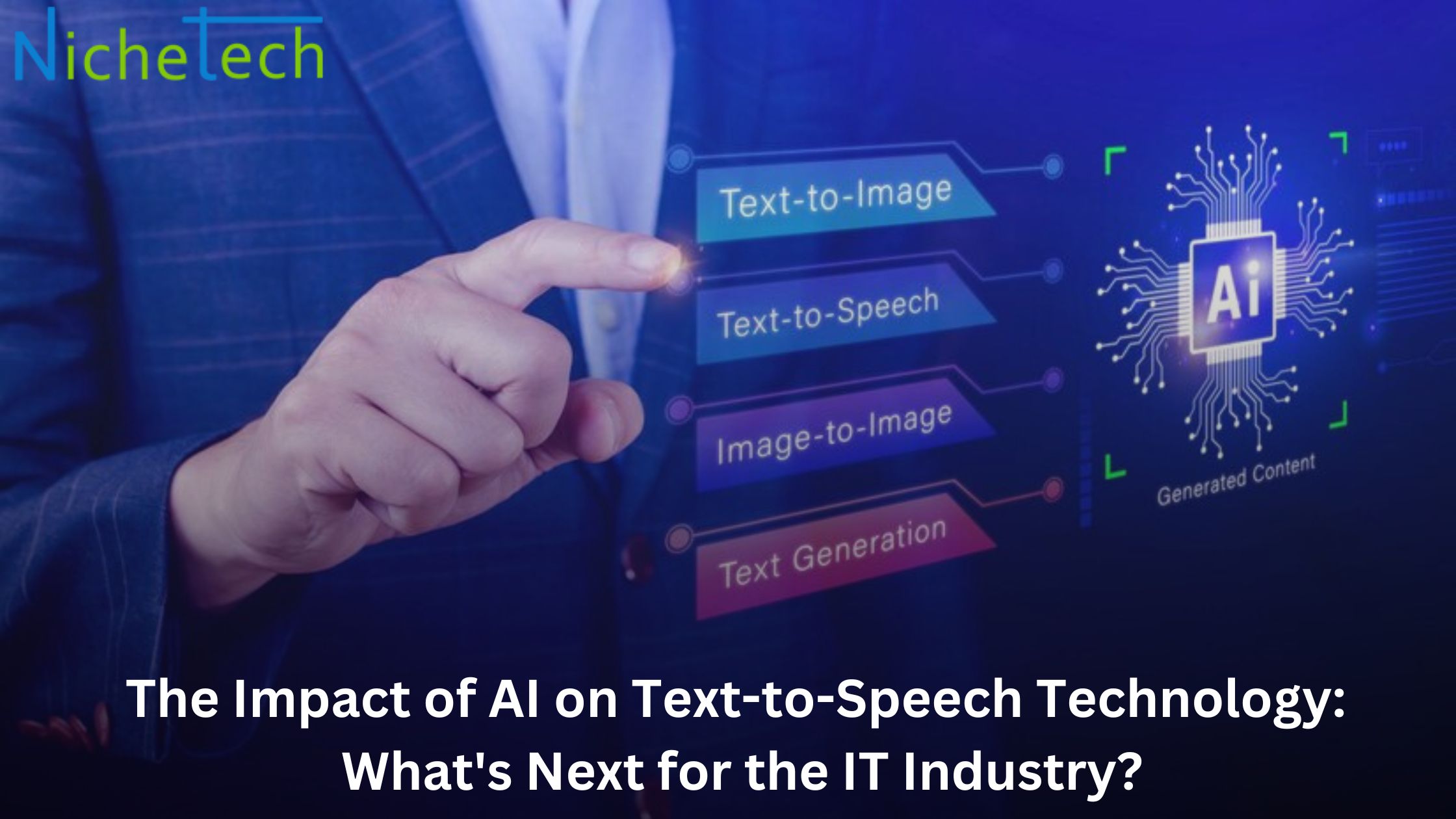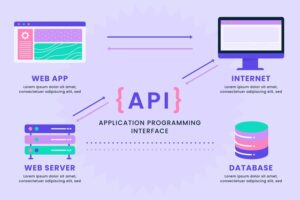Text-to-speech (TTS) technology has come a long way, transforming how we interact with digital content. Once robotic and unnatural, TTS voices are now remarkably human-like, thanks to the integration of artificial intelligence (AI). This powerful combination is reshaping the IT industry and opening up new possibilities across various sectors.
The AI Revolution in Text-to-Speech
AI has been the driving force behind the advancements in TTS technology. By leveraging machine learning algorithms, AI enables TTS systems to:
Generate more natural-sounding voices: AI-powered TTS models can analyze vast amounts of speech data to replicate human speech patterns, intonation, and emotion with astonishing accuracy.
Improve voice customization: Users can now create highly personalized voices, tailoring them to specific accents, tones, and even individual speaking styles.
Enhance real-time performance: AI allows for faster and more efficient text-to-speech conversion, making it suitable for real-time applications like live streaming and video conferencing.
Expand language support: AI-powered TTS systems can be trained on multiple languages, breaking down language barriers and making content accessible to a wider audience.
The Future of Text-to-Speech in the IT Industry
The integration of AI in TTS technology is just the beginning. We can expect even more groundbreaking developments in the coming years:
Hyper-realistic voices: AI will continue to refine voice synthesis, creating voices that are indistinguishable from human speech.
Multimodal TTS: TTS systems will be able to generate not only audio but also visual representations of speech, such as lip movements and facial expressions.
Personalized TTS experiences: Users will have greater control over customizing voice characteristics, creating truly unique and immersive audio experiences.
AI-driven voice assistants: TTS technology will play a crucial role in developing more intelligent and responsive voice assistants, capable of handling complex tasks and engaging in natural conversations.
Accessibility and inclusivity: AI-powered TTS will continue to break down barriers for people with disabilities, providing them with equal access to information and communication.
Challenges and Opportunities
While the potential of AI-driven TTS is immense, there are also challenges to address:
Data privacy: Protecting user data is paramount as TTS systems rely on vast amounts of speech data for training.
Ethical considerations: The creation of highly realistic synthetic voices raises ethical concerns about deepfakes and misuse of technology.
Technical limitations: Achieving perfect voice synthesis remains a complex challenge, requiring ongoing research and development.
Despite these challenges, the future of text-to-speech technology is bright. By addressing ethical concerns and leveraging AI’s potential responsibly, the IT industry can unlock new opportunities and create innovative applications that benefit users worldwide.
The Future of Text-to-Speech
As AI continues to evolve, we can expect even more remarkable advancements in TTS technology. We may see the emergence of AI-driven voice cloning, where individuals can create their own synthetic voices for various purposes. Additionally, AI could enable TTS systems to understand and respond to context, emotions, and social cues, making interactions even more human-like.
The fusion of AI and TTS is undoubtedly reshaping the landscape of the IT industry. By embracing this technology and addressing its challenges, businesses can unlock new opportunities and create innovative solutions that benefit users worldwide.







